

RCEP provides a very good and timely prospect to jump-start the two important engines of growth, export and investment, said Piriya Khempon, former ambassador of Thailand to China, while addressing the Regional Comprehensive Economic Partnership Media & Think Tank Forum via video on Sunday.
In the region, RCEP will facilitate and ease outflow of exports and expand market access among members. It will enhance other economic growth engines, such as the flow of investment and service industries, he said.
There is no doubt that bold action must be taken globally to reduce greenhouse gas emissions. It requires political will, international cooperation, good business models and innovation to reach the goal of the policy agreements, said Hege Araldsen, consul general of Norway in Guangzhou, Guangdong province, while addressing the Regional Comprehensive Economic Partnership Media & Think Tank Forum on Sunday.
She noted the crucial importance of cooperation and policy consensus in the blue economy, as the challenge of climate change is becoming increasingly pressing.
China and the Association of Southeast Asian Nations have fostered diplomatic and economic ties for decades, with positive results, said Keo Puth Rasmey, former deputy prime minister of Cambodia, while addressing the Regional Comprehensive Economic Partnership Media & Think Tank Forum via video on Sunday.
The success of these relationships encourages all nations involved to continue pursuing cooperation projects, including further implementation of the China-ASEAN comprehensive strategic partnership, he said.
RCEP has further expanded the scope and intensified the depth for regional cooperation, which was already quite intense before RCEP, said Bert Hofman, director of the East Asian Institute at the National University of Singapore while addressing the Regional Comprehensive Economic Partnership Media & Think Tank Forum via video on Sunday.
RCEP is a very significant agreement, he said.
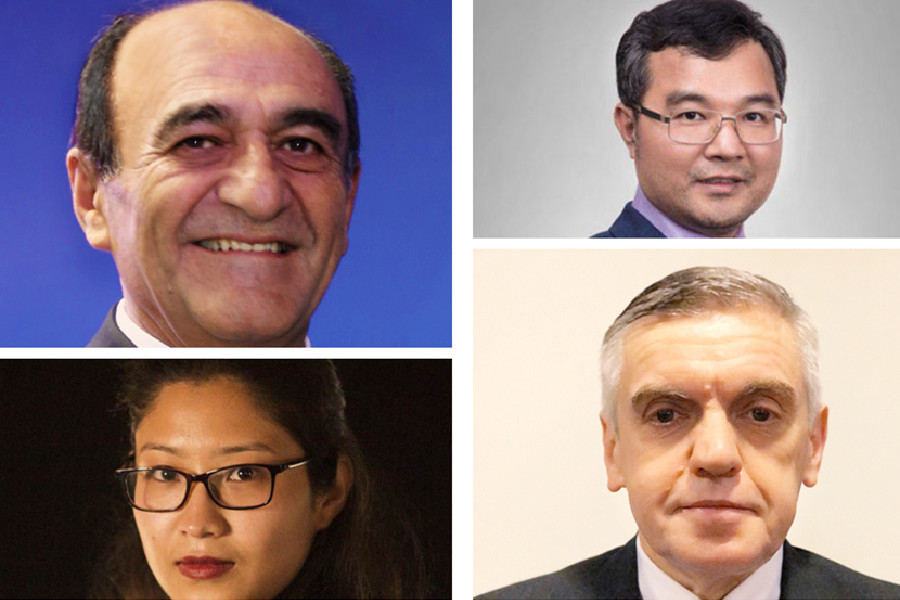
The RCEP Media & Think Tank Forum, "Working Together for Common Development" was held on Sunday.
The event was jointly organized by the Publicity Department of the Communist Party of China Hainan Provincial Committee, China Daily, the Chinese People's Institute of Foreign Affairs and the Hainan-based China Institute for Reform and Development.
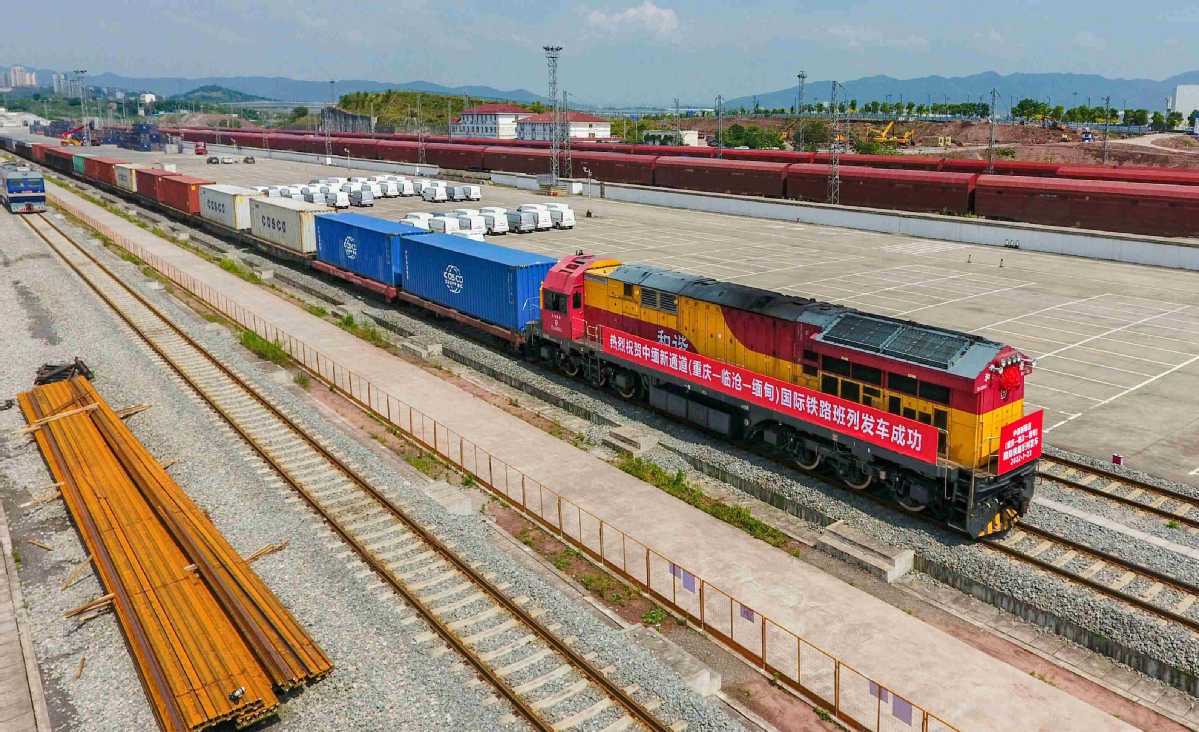
Making joint efforts to achieve common development is "even more necessary" than in the past for Asian countries that are facing common and critical challenges amid global uncertainty, a Cambodian politician said on Sunday.
While addressing the Regional Comprehensive Economic Partnership's Media & Think Tank Forum via video, Keo Puth Rasmey, former deputy prime minister of Cambodia, said that Asian states have had good relations and trade with one another, developing in peace and harmony.
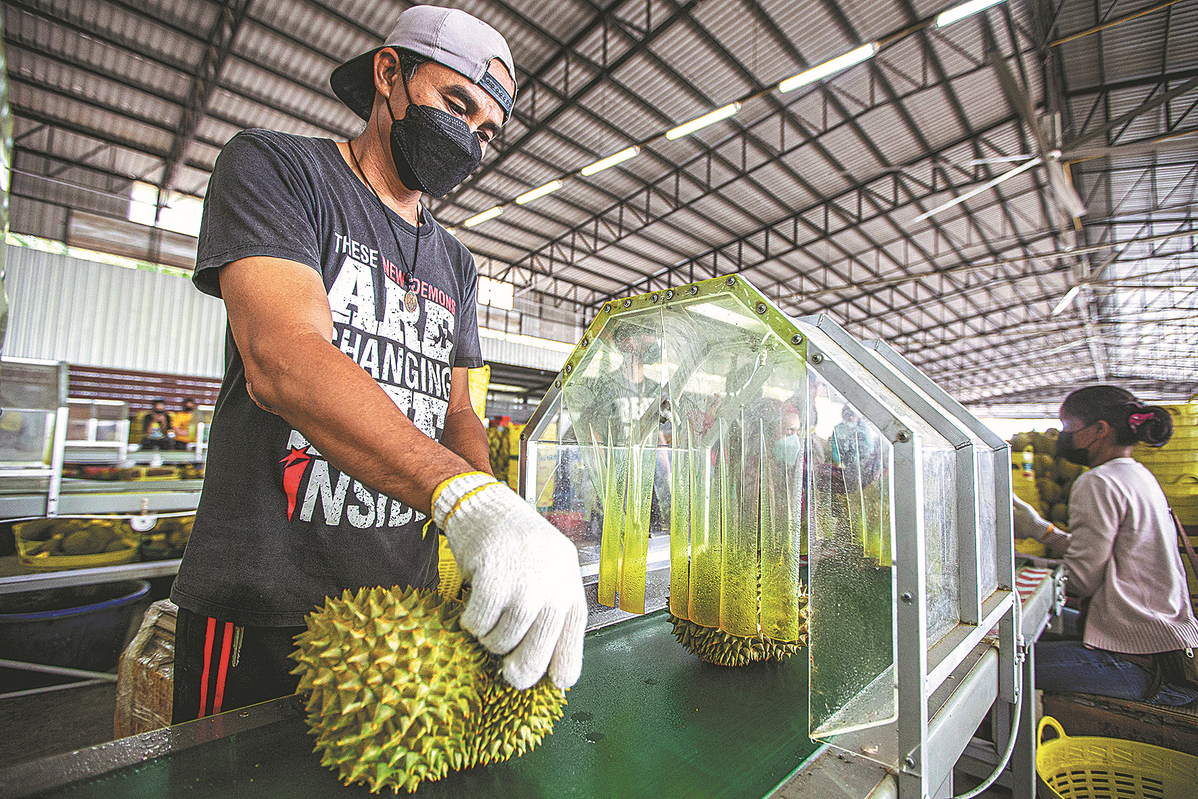
The tangible growth momentum generated by the Regional Comprehensive Economic Partnership agreement will help build advanced integrated industrial chains and grow a colossal consumption market in the Asia-Pacific region in the coming years, government officials and corporate executives said.
In the face of a complex global business environment, they said the pact allows member countries to choose solidarity and cooperation when facing challenges such as the COVID-19 pandemic and rising commodity prices, instead of resorting to conflict or confrontation.
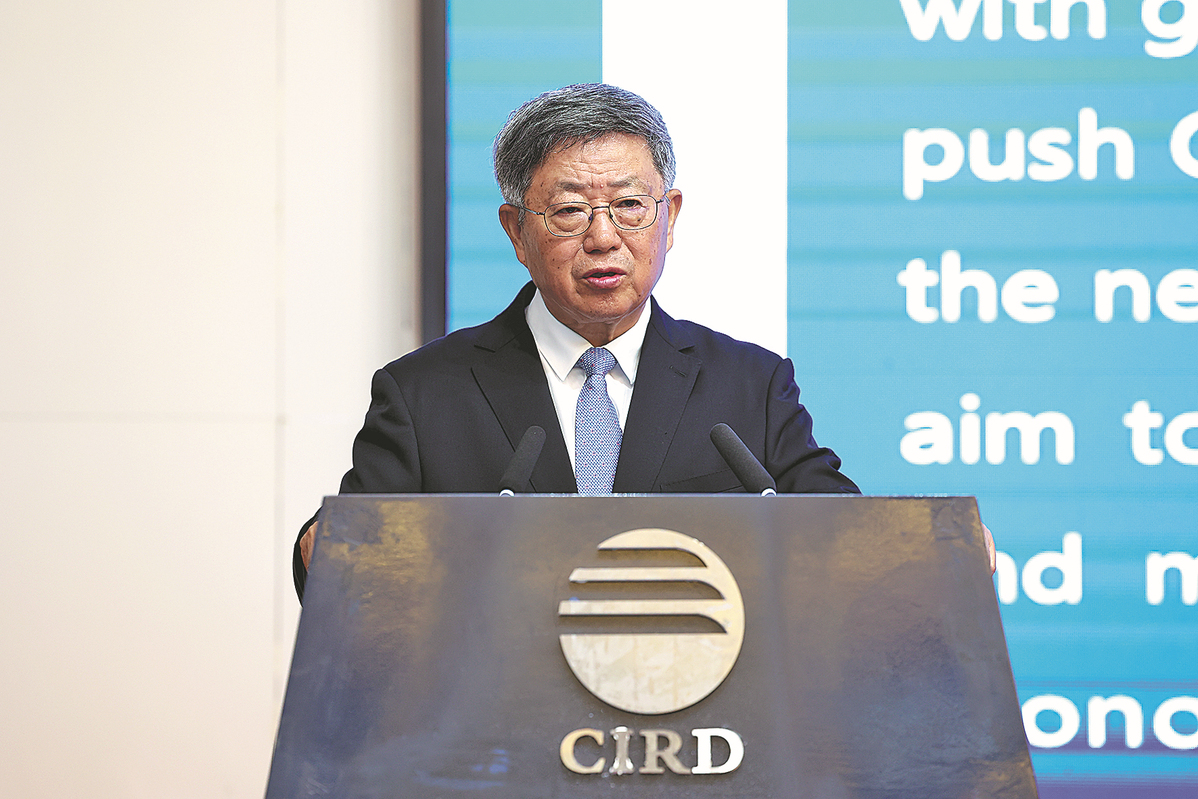
All signatories to the Regional Comprehensive Economic Partnership should continue to promote the free trade pact's implementation steadily to turn the massive economic potential into competitiveness and boost East Asia's economic integration, the leader of a think tank said at a forum on Sunday.
Chi Fulin, president of the China Institute for Reform and Development, said pushing the work ahead will also further enhance the status of the Association of Southeast Asian Nations in regional economic cooperation frameworks.
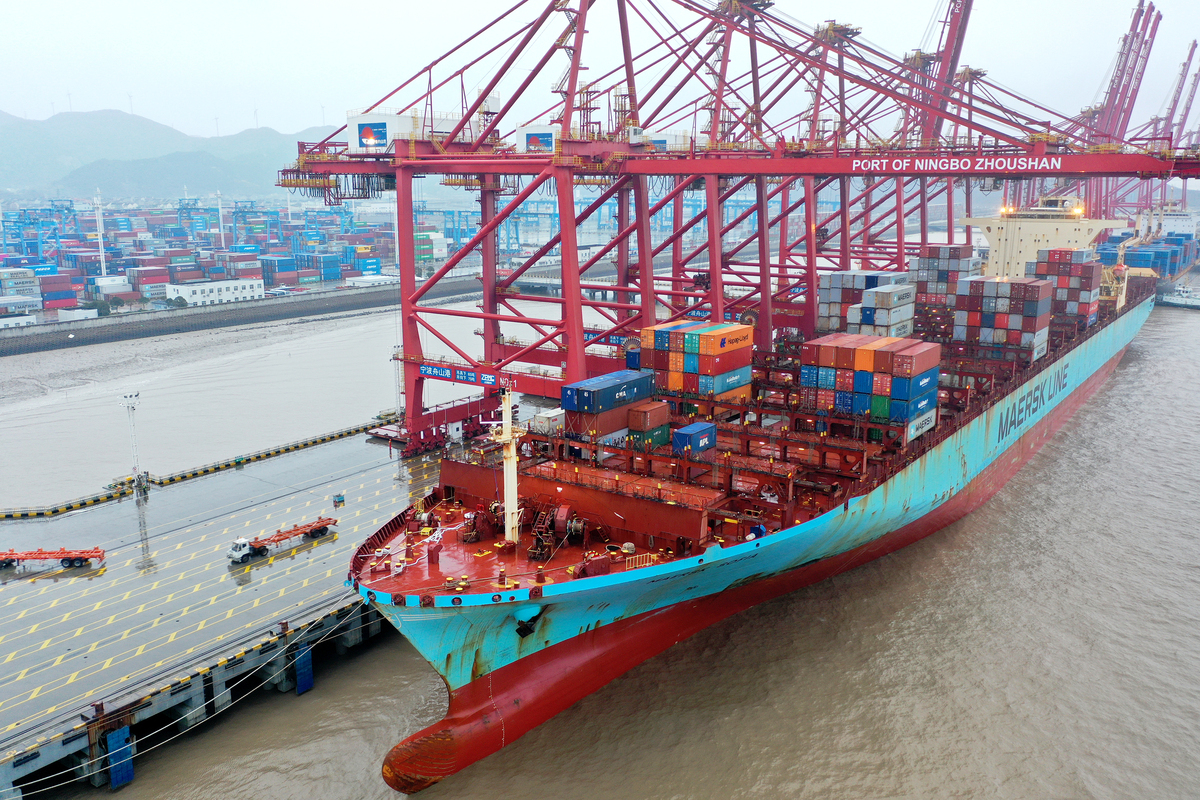
Experts say RCEP will help countries better meet digital transformation goals
The digital trade, regional connectivity and efficient industrial chain sectors will help member countries of the Regional Comprehensive Economic Partnership boost economic growth in the post-pandemic era, experts and global business leaders said on Sunday.

The blue economy and ocean-based industries are to be prioritized as areas of future growth, an example of the enormous potential for cooperation among China and the participating countries of the Regional Comprehensive Economic Partnership, experts said on Sunday.
They made the comments while participating in a roundtable discussion, themed on blue economy cooperation and ocean sustainability, at the RCEP Media & Think Tank Forum.

Once the Regional Comprehensive Economic Partnership agreement fully takes effect, it will inject new impetus into economic and trade cooperation among China and members of the Association of Southeast Asian Nations, experts said on Sunday.
They said RCEP will unlock huge economic benefits and cooperation opportunities for participating members, including China and ASEAN countries, and it will also help those nations better deal with the downward pressures brought by COVID-19 and changes in the international environment.

High-level implementation of the Regional Comprehensive Economic Partnership agreement, which took effect on Jan 1, will propel regional economic integration to inject new impetus into world economic growth, officials and experts said on Sunday.
To that end, joint efforts are required from all RCEP members to deepen cooperation and seek common development with a firm resolve to uphold globalization, they said.

High-level implementation of the Regional Comprehensive Economic Partnership agreement, which has taken effect since Jan 1, will propel regional economic integration to inject new impetus for world economic growth, according to officials and experts on Sunday.
To that end, joint efforts are required from all members to deepen cooperation and seek common development with a firm resolve to uphold globalization, they said.
Ong Tee Keat, former minister of transport of Malaysia and currently president of the country's Center for New Inclusive Asia, made a speech at RCEP Media & Think Tank Forum on Sunday.
'Working Together for Common Development'—Plenary session of the CIRD Forum
RCEP-- Prospects amid the arising challenges

China's textile and apparel sector will focus on developing new fibers and green manufacturing, as well as expanding markets related to the Regional Comprehensive Economic Partnership agreement to remain competitive in the coming years, said a senior industry leader.
As the ongoing Russia-Ukraine conflict has put China's textile and garment exports to Russia and Europe under direct pressure, Sun Ruizhe, president of the Beijing-based China National Textile and Apparel Council, or CNTAC, said the growing uncertainty of global economic recovery and geopolitical issues have had a huge impact on China's textile and apparel industry.

JINAN - East China's Shandong province reported its trade with members of the Regional Comprehensive Economic Partnership (RCEP) neared 357.4 billion yuan ($53.1 billion) from January to April, an increase of 19.9 percent year-on-year.
The figure accounted for 36.9 percent of the province's total imports and exports.
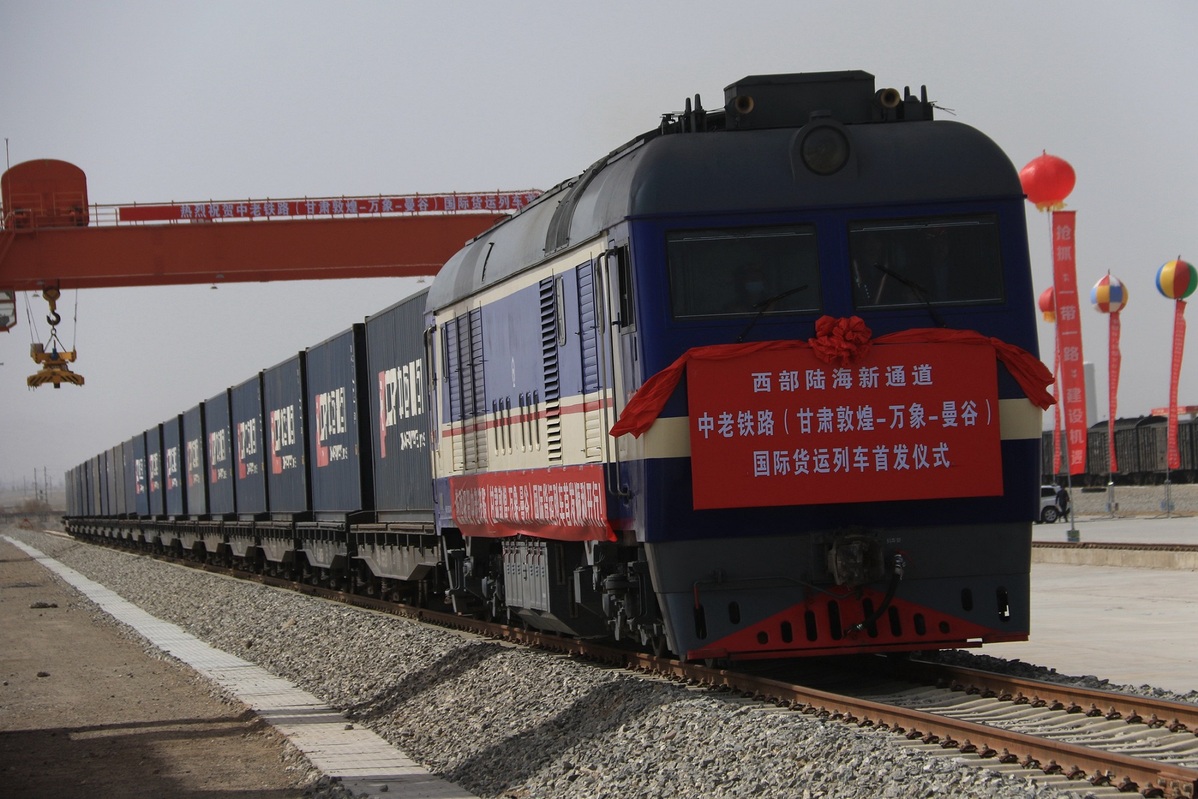
LANZHOU - Northwest China's Gansu province saw its trade with members of the Regional Comprehensive Economic Partnership (RCEP) grow 12.6 percent year-on-year to 3.85 billion yuan ($570 million) during the first four months this year, according to the Lanzhou Customs.
From January to April, major goods exported from Gansu to RCEP member countries such as Japan, Thailand, Vietnam and the Republic of Korea included agricultural products, plastic products and traditional Chinese medicinal herbs.
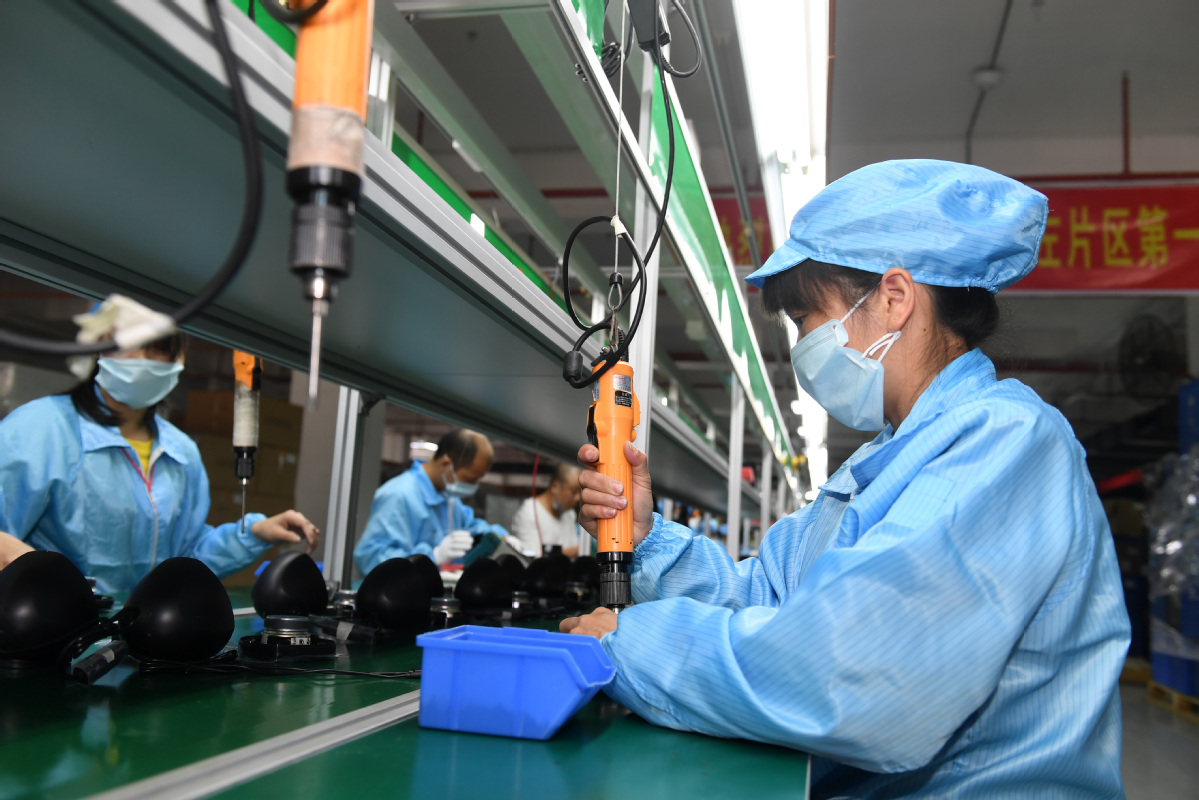
Agreement will spur tech innovations, promote regional trade integration
China is expected to better unleash the potential of the Regional Comprehensive Economic Partnership agreement to upgrade its manufacturing sector as well as support exports, according to experts and business leaders.
